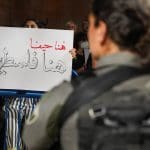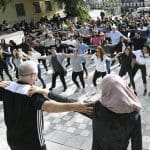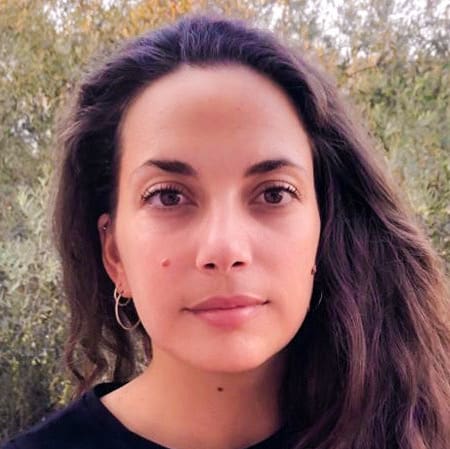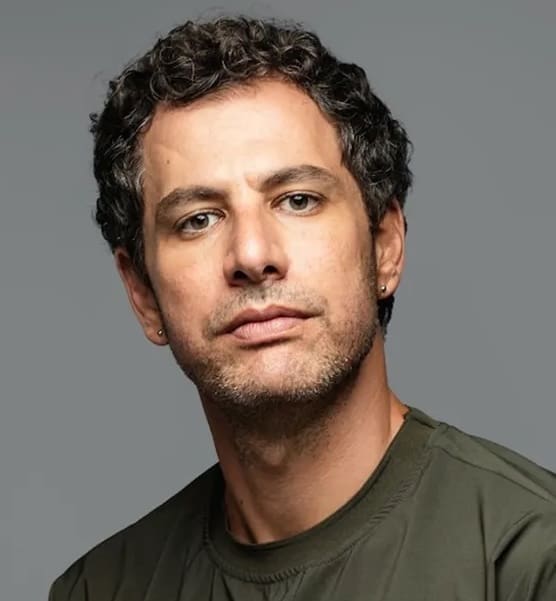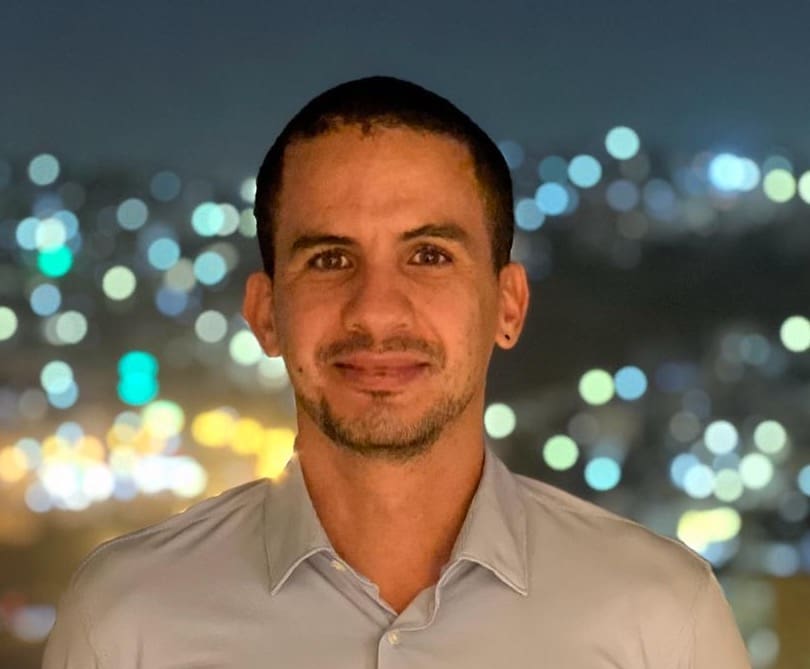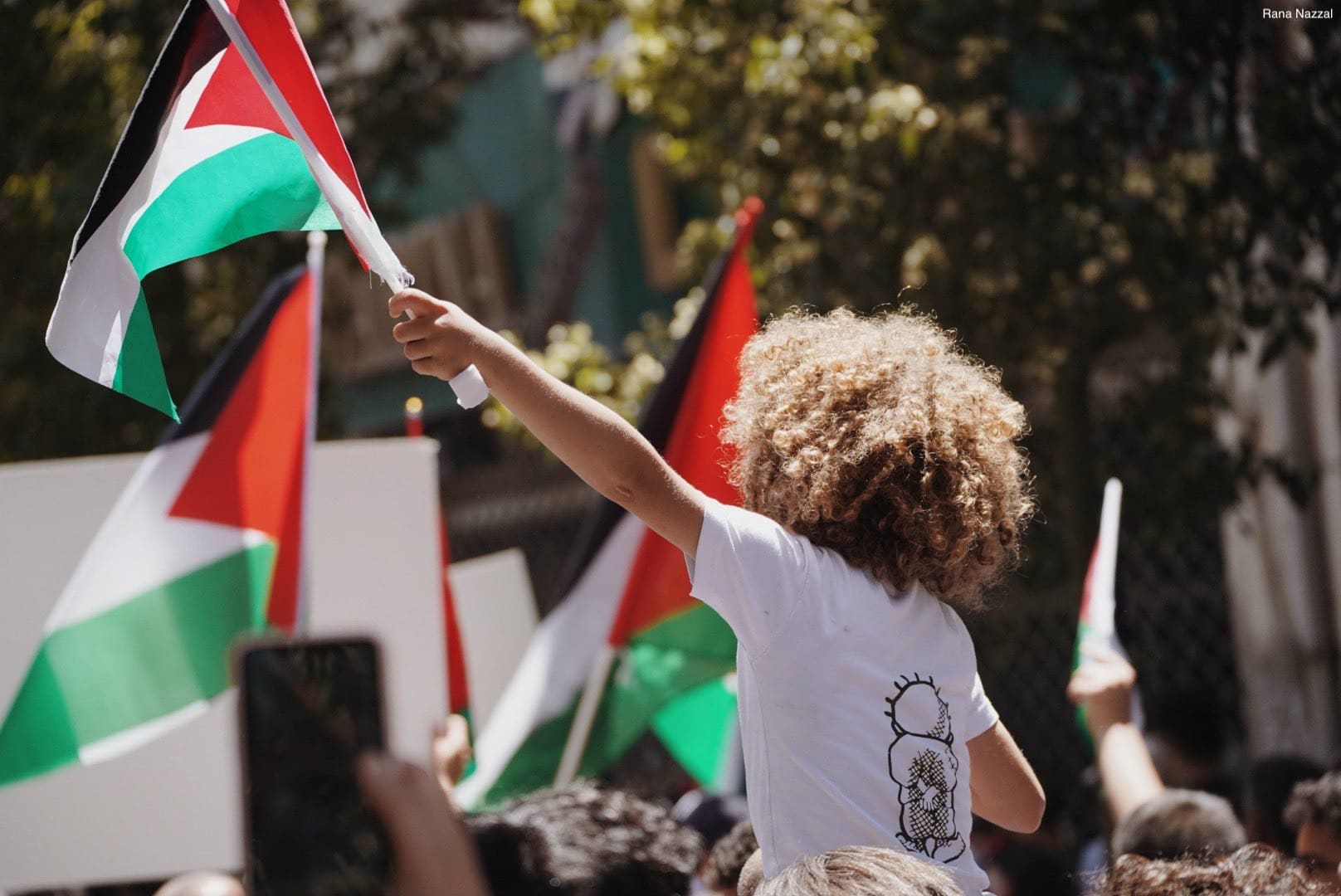
From the COVID-19 pandemic to the Black Lives Matter movement, events that have unfolded on the global stage have impacted our realities over the past two years. Today, the Palestinian struggle exists in a world of greater connectivity, one where movements for justice are transcending state structures and institutions, recognizing the pervasiveness and interconnectedness of systems of oppression, and seeking expansive forms of solidarity and allyship.
As Al-Shabaka enters its twelfth year, we consider the importance of understanding and presenting Palestine in light of these shifts, and the transnational, regional, and local developments shaping our world order. This is of particular relevance after the 2021 Unity Intifada, which had major local implications, and which shifted the global conversation on Palestine in important ways. As a policy-orientated think tank, how can our analysis incorporate and contribute to these shifts, whether on the streets or in the halls of power? And in highlighting the interconnectedness of oppressed communities worldwide, how can we simultaneously center the voices of Palestinians?
In the first policy lab of 2022, Al-Shabaka’s Commissioning Editor, Nadim Bawalsa, is joined by Al-Shabaka’s new Board President, Tareq Baconi, and Al-Shabaka’s Senior Analyst, Yara Hawari, to ponder these questions and more.
Yara Hawari is Al-Shabaka’s co-director. She previously served as the Palestine policy fellow and senior analyst. Yara completed her PhD in Middle East Politics at the University of Exeter, where she taught various undergraduate courses and continues to be an honorary research fellow. In addition to her academic work, which focused on indigenous studies and oral history, she is a frequent political commentator writing for various media outlets including The Guardian, Foreign Policy, and Al Jazeera English.
Tareq Baconi serves as the president of the board of Al-Shabaka. He was Al-Shabaka’s US Policy Fellow from 2016 – 2017. Tareq is the former senior analyst for Israel/Palestine and Economics of Conflict at the International Crisis Group, based in Ramallah, and the author of Hamas Contained: The Rise and Pacification of Palestinian Resistance (Stanford University Press, 2018). Tareq’s writing has appeared in the London Review of Books, the New York Review of Books, the Washington Post, among others, and he is a frequent commentator in regional and international media. He is the book review editor for the Journal of Palestine Studies.
Nadim Bawalsa is Associate Editor with the Journal of Palestine Studies. From 2020-2023, Nadim served as Al-Shabaka’s commissioning editor. He is a historian of modern Palestine, and author of Transnational Palestine: Migration and the Right of Return before 1948 (Stanford University Press, 2022). His other work has appeared in the Jerusalem Quarterly, the Journal of Palestine Studies, NACLA Report on the Americas, and as well as in edited volumes. He earned a joint doctorate in History and Middle Eastern & Islamic Studies from New York University in 2017, and a Master’s in Arab Studies from Georgetown University’s Center for Contemporary Arab Studies in 2010. In 2019-2020, he was awarded a PARC-NEH fellowship in Palestine.












